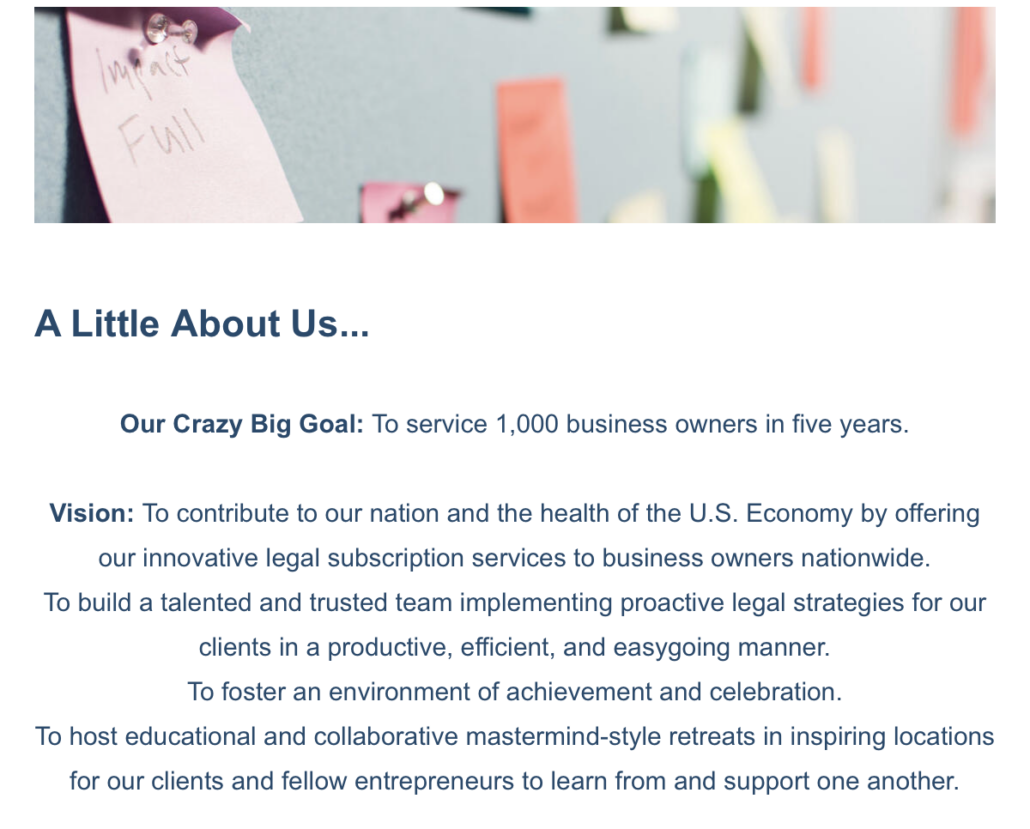Growing a successful business is often riddled with trial and error—from attracting the right clients, developing a unique brand identity, to narrowing down service offerings. Unfortunately, there are no set guidelines when it comes to leading an interior design business, but these three legal strategies will support your firm’s growth and longevity.
Form Strong Foundations
As a business owner, it is your responsibility to limit your risk and liability to keep your business running smoothly. Interior design businesses that regularly update their formation documents and corporate records ensure their business, reputation, and personal assets are protected at all times.
Perhaps the most important choice interior designers face when starting their business is choosing which type of entity to operate under. The right business entity will protect business owners from liability, save money on taxes, create structured business operations, and build a professional foundation that clients can trust.
It is risky for interior designers to operate as sole proprietorships or in general partnerships because they offer no protection from creditors, and the owners are personally liable for business debts. Corporations (Inc.) and Limited Liability Companies (LLCs) are popular business entities because they shield business owners from personal liability while establishing a professional presence.
Additionally, as a business develops and expands, its corporate records require professional maintenance to keep updated with the status of the company. All corporations are required by law to maintain detailed corporate records. LLCs require less record-keeping, but important decisions should be memorialized and recorded. From a legal perspective, it is important to maintain organized, detailed records because it protects businesses should an audit ever occur. Having organized and complete records also helps businesses achieve bank loans and lines of credit, attract investors, have better negotiating power with suppliers, and ultimately sell for a profitable margin.
Protect your Branding
Interior designers are artists. They use their creative talents to completely transform spaces into masterpieces for their clients. They invest time, energy, and resources to fashion original designs, so the last thing an interior designer (or their clientele) wants to see is another designer imitating or exploiting their signature design concept.
To stay distinct and competitive in the industry, interior designers must protect their design plans like any piece of artwork or creative product. Each creative work, or derivative (such as plans, sketches, drawing, artwork, photography, or renderings) are individually protectable pieces of intellectual property – not to mention the brand name, logos and website design. Properly protected intellectual property provides the owner with the exclusive right to use it, alter it, and profit from it. Without the right intellectual property protections in place, interior design businesses risk having their original design concepts stolen by competition.
The best way to keep your brand identity and designs unique is to protect your rights to the intangible property developed by your business. With design concepts firmly protected by filing the necessary trademarks or copyrights, interior designers can post and share their design portfolio without worrying about their competition copying and profiting from it. They also have the right to license their work to others at their discretion. As a result, they have the opportunity to expand the reach of their brand by forming profitable collaborations with businesses who want to use their designs.
One of the most overlooked pieces of intellectual property is your business’ client list. The cost of losing your client list to a competitor is incalculable. Non-compete agreements (NCAs) are useful for businesses to protect their intellectual property from employees. Interior design businesses should have their best designers on staff sign an NCA to keep valuable designs and client lists secret and prevent former employees from using those signature designs or client lists should they start a similar business or work for the competition.
Pay Attention to Suppliers
The interior design industry is driven by connections. Whether the designer is finding new clients or establishing partnerships with suppliers, forming strong relationships is essential. Interior designers depend upon furniture, artwork, paint, flooring, carpets, and other creative elements to transform spaces and exceed client expectations. Each interior designer is only as good as the elements they can bring together, so ensuring supplier relationships is key to the success of interior design businesses.
Once vetted for reliability, quality, cost, and efficiency, a new supplier company and the interior design firm should enter into a well thought through agreement to establish the terms of the relationship and the responsibilities of each party. Well-drafted supplier agreements will protect both parties from miscommunications in the future; as they should include a comprehensive description of the goods or services provided, acceptable payment terms, payment methods, returns and refunds, shipping costs and responsibilities, warranties, delivery timelines, and more.
When using a template for this type of agreement, interior designers run the risk of leaving out key legal terms and clauses that protect their business’s interests. Poorly written supplier agreements can result in major miscommunications, such as materials not arriving in time, partial deliveries, or payment terms that are unreasonable – all of which can put interior designers in a bad position with their clients. When agreements are vague or overly broad, your business could end up wasting time and resources back-tracking instead of moving forward with new opportunities. When properly executed, supplier contracts can help interior designers derive the most value from these relationships.
Next Steps
If you would like to learn more about any of the topics mentioned here, please call or text 484-801-0021 or reach out to Cassandra Ortner at cassandra.ortner@peytonlaw.com. We proudly support the nation’s business owners.
*Janelle Peyton is the CEO and Managing Partner of Peyton Law, a leading boutique law firm designed to provide the highest quality branding, business, and legal services to companies via quarterly subscription called Strategic Legal Solution. Peyton Law offers brand building strategies through corporate and intellectual property law, including business entity formation, buy+sell, contracts, joint ventures, trademarks, patents, licensing, and other growth-related transactions.



